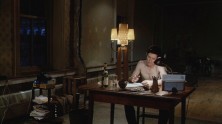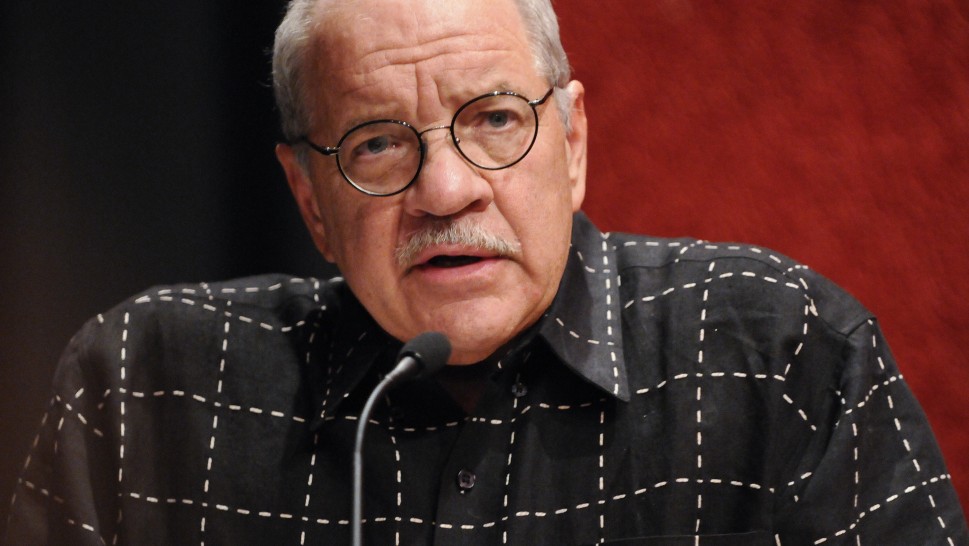
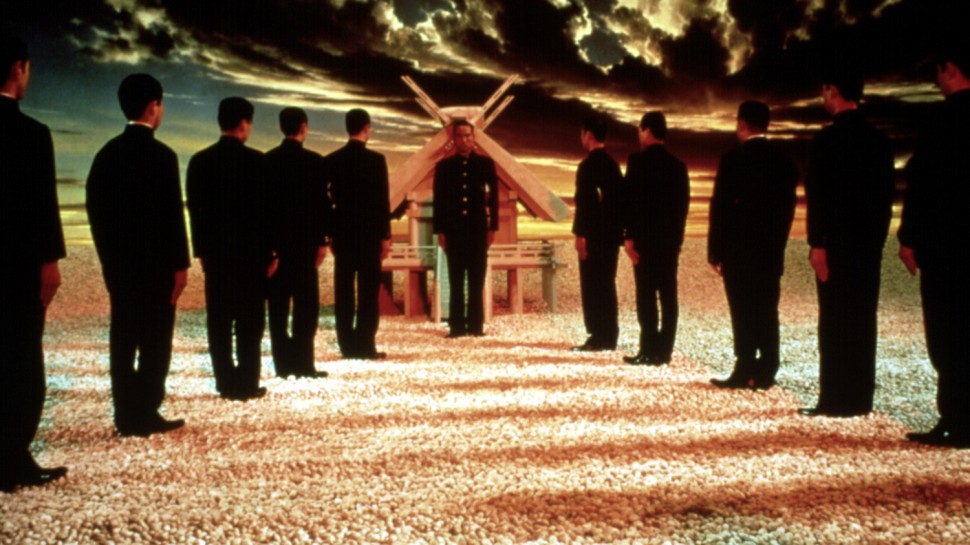
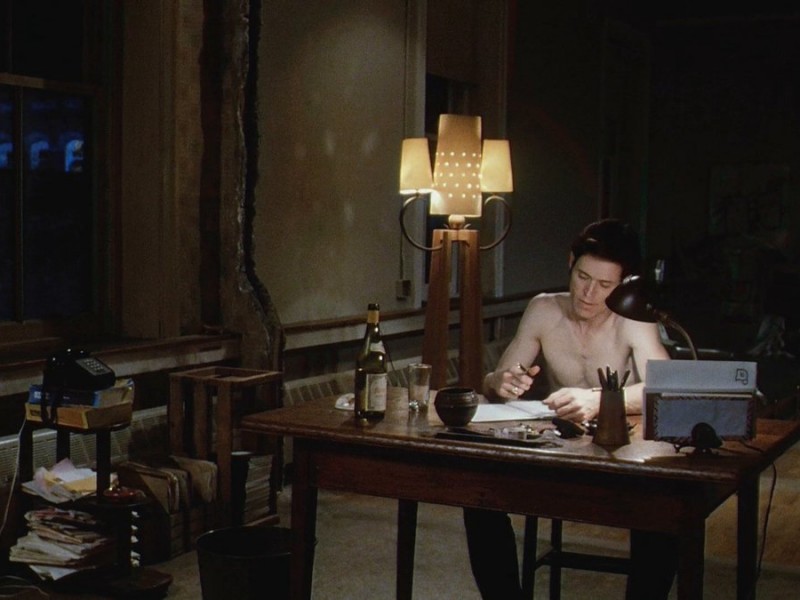
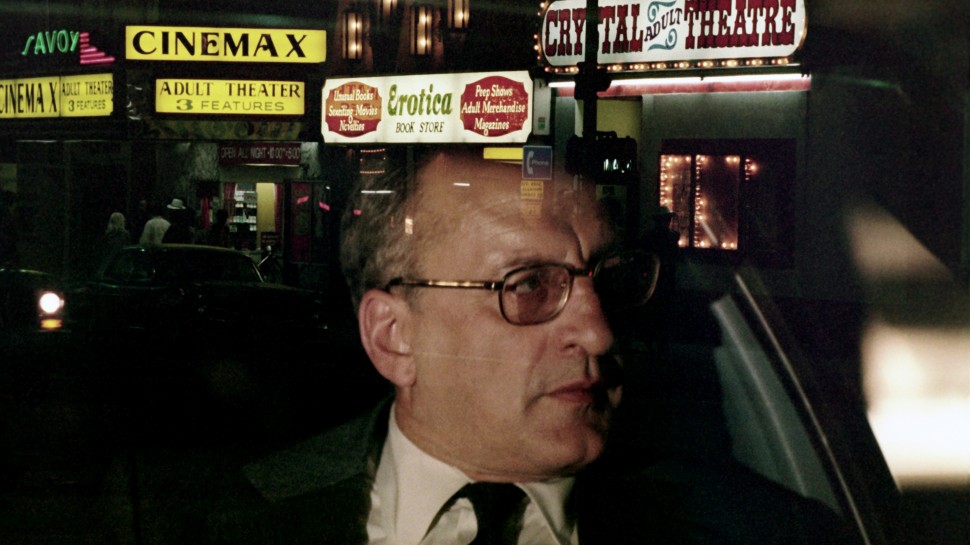
The Style of Loneliness – A Paul Schrader Retrospective
A defining figure of the “New Hollywood” that flourished in the 1970s, Paul Schrader (b. 1946), unlike contemporaries such as Francis Ford Coppola or Martin Scorsese, began not as a student of filmmaking but as an aspiring film historian and critic. Like the key French New Wave directors – and American filmmakers such as Peter Bogdanovich – Schrader began as a writer about film, using the publication of his master's thesis, the highly respected Transcendental Style in Film: Ozu, Bresson, Dreyer (1972), as the calling card to his parallel and equally successful careers as a screenwriter and, eventually, director. His script for the hit The Yakuza (1974), co-written with his brother, made Schrader a highly sought-after writer whose popularity was furthered by his second and still most famous screenplay, Taxi Driver (1975), the first of four he would write for Scorsese.
While continuing to write prolifically, Schrader quickly established himself as a talented director and bold visual stylist with his hard-hitting debut feature Blue Collar (1977). Over the subsequent three decades, he has made a string of highly original films that, echoing the Dreyer and Bresson examined in Transcendental Style, reject the humanist cinema of empowered protagonists to focus instead on heroes at the mercy of larger, often unseen – or even unknown – forces. Locked in a constant struggle, the lonely figures at the heart of Schrader’s films can at best achieve only pyrrhic and ironic victories. Even when dealing with the iconic figures of recent history –Yukio Mishima, Patty Hearst – Schrader's films achieve a depth of character rare in American cinema, shaped by an unflinching psychological realism that studies the deep fissures in the often elaborate masks behind which his protagonists hide.
To celebrate the re-release of Schrader's searing epic of an untamed ego in an anxious age, Mishima: A Life in Four Parts (screening in a glorious new print), we are honored to welcome Paul Schrader to the Harvard Film Archive for a weekend long retrospective and a discussion of his life in film.

